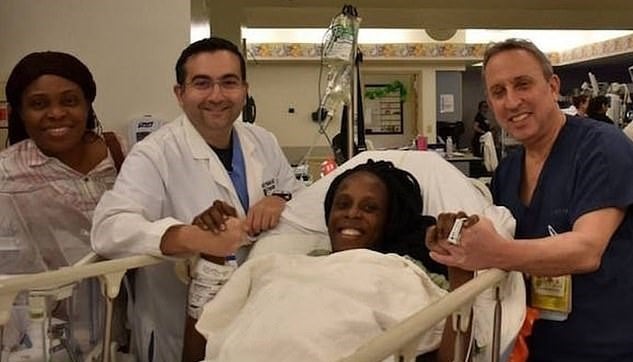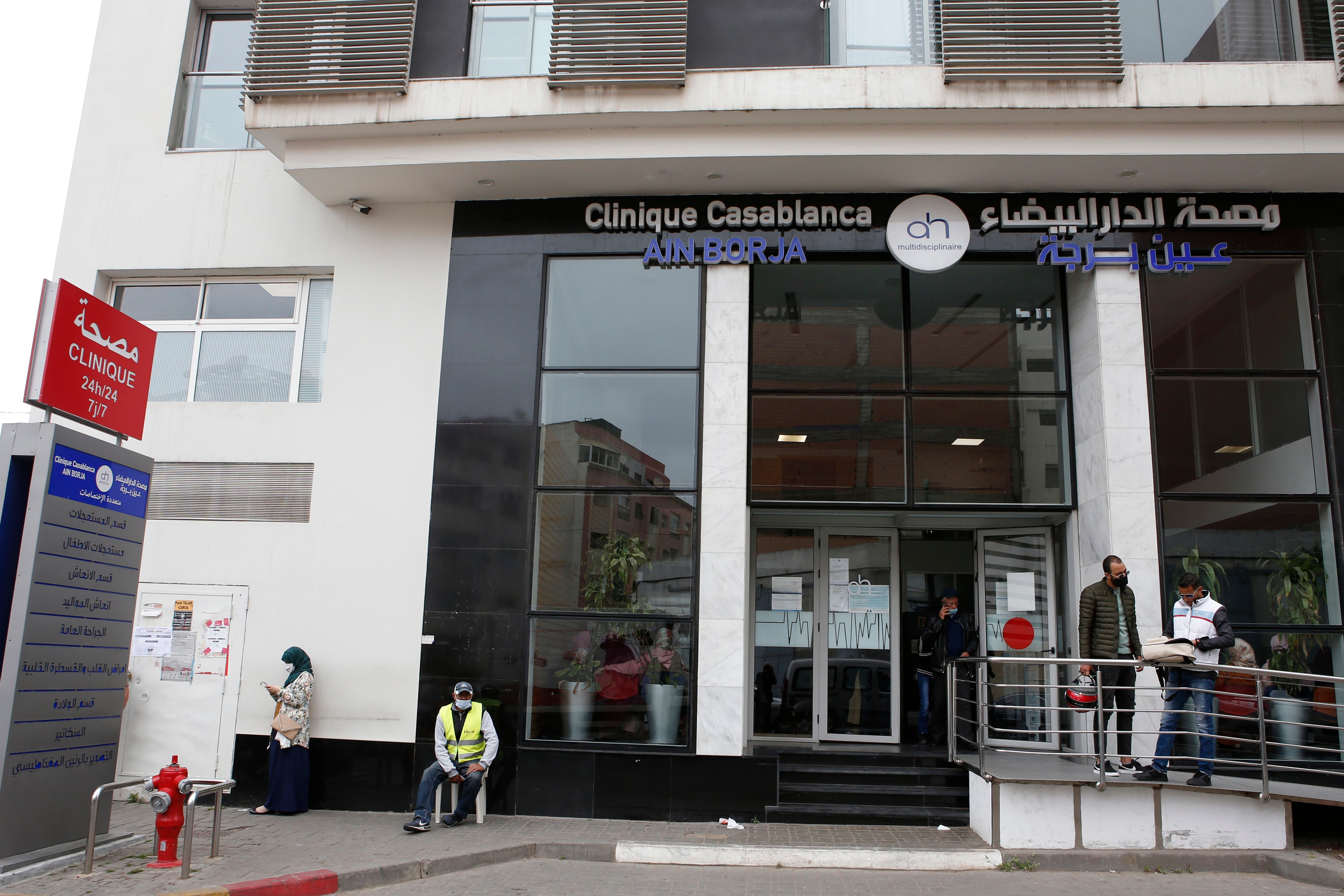At home with the Cisses: What awaits the Mali mother-of-nine when she returns home?
Although Mali’s government is taking every measure to care for the new family, some local organisations are concerned about the state’s ability to provide long-term care, reports Simon Speakman Cordall

Malian mother Halima Cisse and her nine babies are due to stay in Morocco for at least the next few months while the babies remain in incubators. From there, she will return to the troubled West African country of Mali to reunite with her husband, Kader Arby, a non-commissioned officer in the country’s army.
At present, the 25-year-old Malian is among only a handful of women to have given birth to nonuplets, five girls and four boys, two more than originally anticipated. Should all survive the next few critical months, as medical staff at the Ain Borja clinic in Casablanca hope, she will enter the record books.
The birth presented Mali’s embattled transitional government, in power since a coup during the summer of last year, with both challenge and opportunity.
The birth itself, carried out by caesarean section, eventually involved 10 Moroccan doctors and 25 support staff, an operation typically beyond the reach of many West African countries.
However, with the case rapidly becoming the focus of intense national interest within Mali – with one newspaper even speculating that the babies may be named after the country’s interim government – the birth presented the government with the opportunity to publicly position itself alongside the Cisse family.
Throughout much of the pregnancy, Ms Cisse has been visited by the country’s minister of health, Dr Fanta Siby, who accompanied Ms Cisse on her flight to Morocco.
In addition to meeting the medical costs of the birth, which are expected to be significant, the government has established a fundraising page on social media for the family, which a spokesperson was at pains to point out the interim president, former military officer Bah Ndaw, had personally contributed to.
“I’m happy – very, very happy,” Mr Arby told the BBC from the country’s capital, Bamako, where he remains with the couple’s older child. “My wife and the babies are doing very well.”
“God gave us these children. He is the one to decide what will happen to them. I’m not worried about that. When the Almighty does something, he knows why,” he added.

It is understood Mr Arby has been granted leave from the army to visit his much expanded family in Morocco, with the flight paid for by the government.
“The government has taken charge of Halima,” the independent journalist and founder of website Malizine, Issiaka Tamboura, himself kidnapped and held by armed insurgents in 2019, told The Independent.
Mr Tamboura said that Ms Cisse was unlikely to return to her home in Timbuktu for security reasons, though their ultimate plans remain unknown.
Timbuktu, once home to one of history’s greatest trading empires, now sits as part of the mosaic of violence that separatism and extremism have wrought across Mali and, increasingly, West Africa.
Countering that insurgency, is the French-led Operation Barkhane, whose close focus upon security at the expense of all else is resulting in casualties of a different kind. In March of this year, French air forces were accused by UN investigators of slaughtering 19 civilians and three armed men in an air strike upon a civilian wedding.
Mali’s insurgency found fertile ground in the confusion that followed the country’s 2012 coup, just one of the four that have roiled the country since 1968.
The most recent was sparked by the withering economy and the government’s failure to check the armed rebels of the central and northern regions. Its outcome remains far from assured, with the officers involved calling for generous lifetime pensions, including cars and drivers, analysts told The Independent.
However, while the government is taking every measure to be seen caring for the new family, some organisations have expressed scepticism over the state’s long-term capacity, or willingness, to maintain care without continued popular support.
Mamadou Keita, president and founder of the Association Citoyenne de Defense des Droits des Enfants et des Femmes, an NGO dedicated to protecting the rights of Mali’s women and children, said the government’s actions were likely a “one-off and will undoubtedly not be able to cover the care needs of these children in all dimensions”, adding that conditions across Mali, especially in rural areas would be difficult for any new family.
Outside of Bamako, even getting to primary healthcare facilities could be uncertain, with “access difficult because of the problems of movement on the roads”, Mr Keita said.
Nevertheless, conflict at home and better opportunities abroad are leading to Malians deserting the country in droves. Around 44 per cent of the country’s population live below the poverty line, increasing dramatically in rural areas.
During the summer months, temperatures in Mali’s northern desert reaches can peak at 48 degrees, with drought – driven by climate change – growing in frequency across the predominantly agricultural country. As such, Malians now make up one of the most significant migrant populations in North Africa, fleeing their own country to find casual work in Tunisia, Algeria and Libya or, subsidised by friends and family members who have already made the crossing, continuing on to Europe.
Mali has fallen a long way since it was cited during the 1990s as a model of accountable democracy in an economically low income country, Peter Tinti, a senior research fellow at Global Iniative, said.
Since then, corruption and successive coups have undermined much of the country’s hopes of recovery, with the current insurgency twisting the knife in an already established wound.
While the current government has promised elections, optimism remains at a premium among international observers.
“There aren’t all that many indications that the current state is in transition, or that there’s any real plan for economic or political progress,” Mr Tinti said. “In fact, many of the patterns of the current government are not too dissimilar from the government they claimed to be ousting.”
The end result, human insecurity and displacement on a massive scale, is also highlighting the shortcoming in the heavily militarised focus previously favoured by the country’s former imperial power, the French.
For now, Mr Tinti explained, conversations were on a more holistic approach to development, one that would almost certainly favour Ms Cisse and her new family.
Wherever that may be.
Join our commenting forum
Join thought-provoking conversations, follow other Independent readers and see their replies
Comments